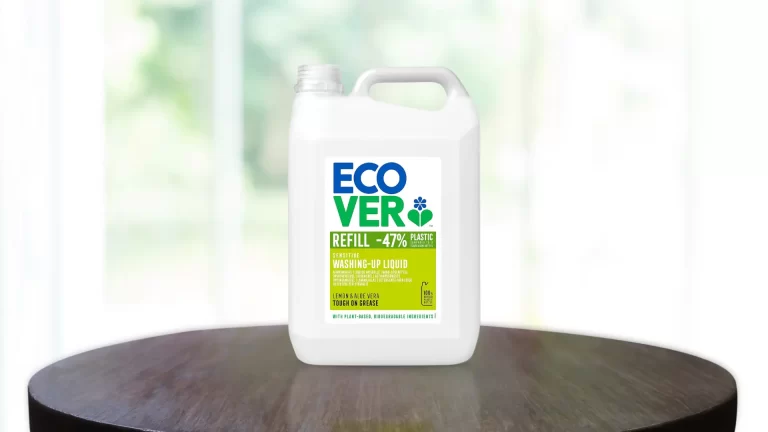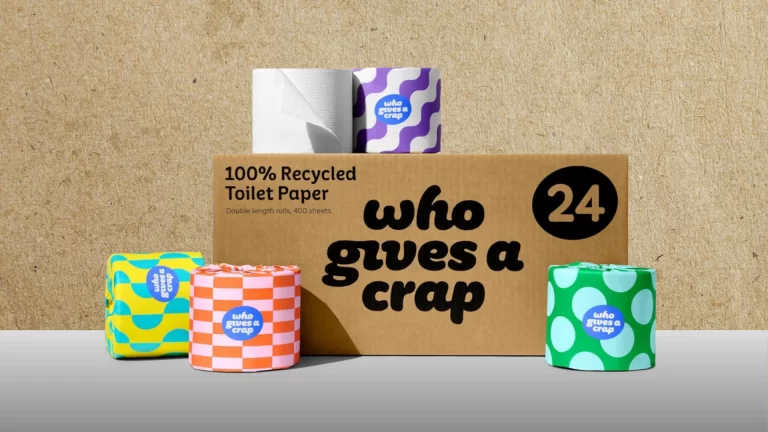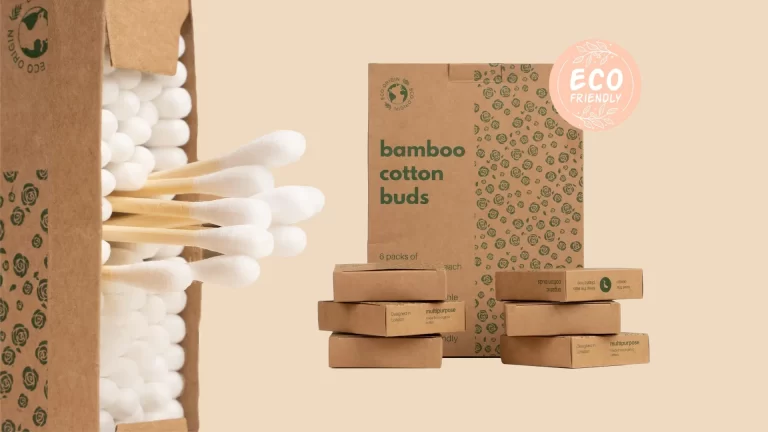In recent years, you’ve probably heard the term “eco-friendly” more times than you can count. It’s all over social media, in the news, and even part of casual conversations. But what does it really mean to live an eco-friendly lifestyle? More importantly, why should you care about choosing eco-friendly products for your home, your family, and your everyday life? If you’ve ever wondered about these questions, you’re not alone. Many people are starting to realize the significant impact their choices have on the planet and are eager to make a difference.
Switching to eco-friendly products isn’t just a trend; it’s a thoughtful and impactful way to contribute to a healthier environment and a more sustainable future. Imagine a world where every product you use is crafted with care, from sustainable materials that don’t harm the earth, and manufactured in ways that support both the planet and people. It’s not just about recycling or reducing waste (though those are important too) – it’s about rethinking our habits and making conscious choices that benefit everyone.
In this blog post, we’re going to delve into why eco-friendly products are so important. From environmental preservation and waste reduction to personal health benefits and economic savings, there are countless reasons to make the switch. Whether you’re already on your green journey or just starting out, this guide will provide you with compelling reasons to choose eco-friendly products every day. Let’s explore how small changes in your shopping habits can lead to big benefits for you, your community, and the world at large.
1. Environmental Preservation
The foremost reason to opt for eco-friendly products is their role in preserving the environment. Traditional products often involve processes and materials that are harmful to the planet. For instance, many conventional manufacturing methods release toxic chemicals and greenhouse gases into the atmosphere, contributing to air pollution and climate change. On the other hand, eco-friendly products are designed to minimize environmental damage. They often use sustainable materials, such as bamboo, recycled plastics, and organic cotton, which have a lower environmental footprint.
2. Reduction of Waste
Eco-friendly products typically emphasize reusability and biodegradability. This focus helps significantly reduce the amount of waste that ends up in landfills and oceans. For example, switching from single-use plastic bags to reusable tote bags can drastically cut down on plastic waste. Similarly, products like biodegradable cleaning supplies break down naturally without leaving harmful residues, unlike their conventional counterparts.
3. Conservation of Resources
Eco-friendly products are often more resource-efficient in their production and use. Many are designed to be energy-efficient, reducing the consumption of electricity and water. For instance, LED bulbs use less energy and last longer than traditional incandescent bulbs, and water-saving fixtures can significantly cut water usage in homes and businesses. By choosing such products, we can help conserve precious natural resources.
4. Health Benefits
Many conventional products contain harmful chemicals and toxins that can adversely affect human health. For example, some cleaning products and personal care items contain endocrine-disrupting chemicals and carcinogens. Eco-friendly products, however, are usually made from natural, non-toxic ingredients that are safer for both the environment and human health. This makes them a healthier choice for families, particularly those with young children or individuals with sensitivities and allergies.
5. Supporting Ethical Practices
Choosing eco-friendly products often means supporting companies and brands that prioritize ethical practices, including fair labor, humane treatment of animals, and sustainable sourcing. This conscientious consumerism helps promote a more just and sustainable global economy. By supporting these companies, consumers can drive demand for more responsible production methods and corporate practices.
6. Economic Benefits
While eco-friendly products might sometimes come with a higher upfront cost, they often prove to be more economical in the long run. Products that are durable and reusable reduce the need for frequent replacements. Energy-efficient appliances and fixtures can lower utility bills. Additionally, as the demand for eco-friendly products grows, economies of scale can bring down their prices, making them more accessible to a broader audience.
7. Promoting Innovation
The push for eco-friendly products drives innovation. Companies are continually seeking new ways to create sustainable and efficient products. This can lead to technological advancements and new market opportunities, fostering a culture of innovation and sustainability.
Conclusion
Caring about eco-friendly products is not just about being trendy or politically correct; it’s about making choices that benefit the planet, our health, and society as a whole. By opting for eco-friendly products, we can contribute to a more sustainable future, reduce our environmental footprint, and promote healthier lifestyles. It’s a win-win situation where our small, everyday choices can lead to significant positive impacts. So next time you shop, think about the difference you can make by choosing eco-friendly products.




